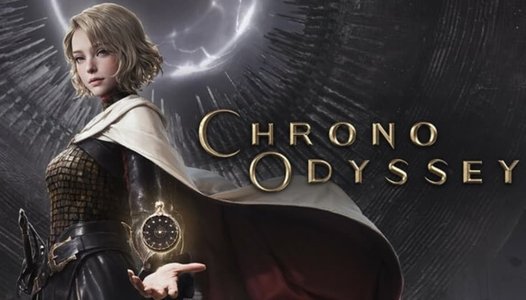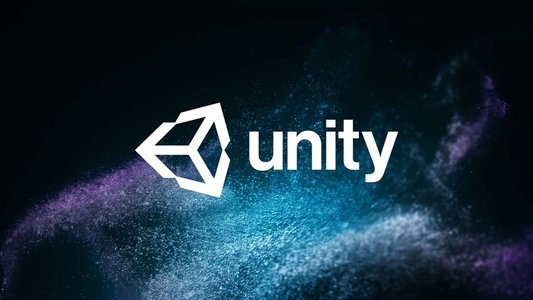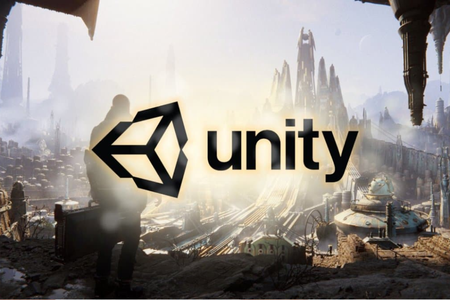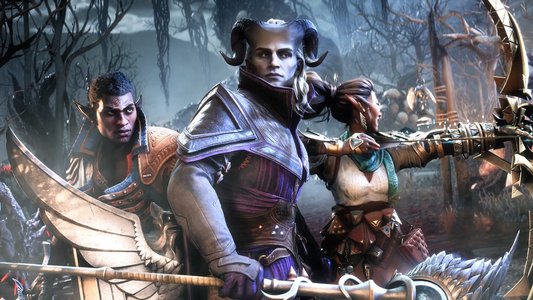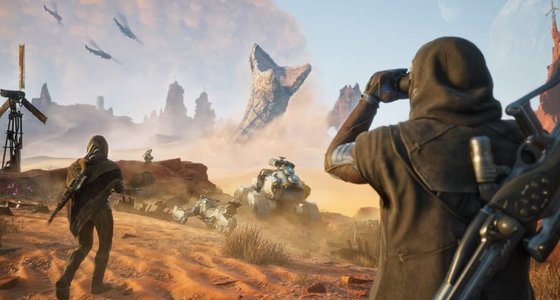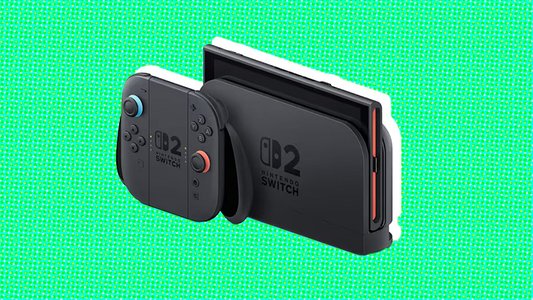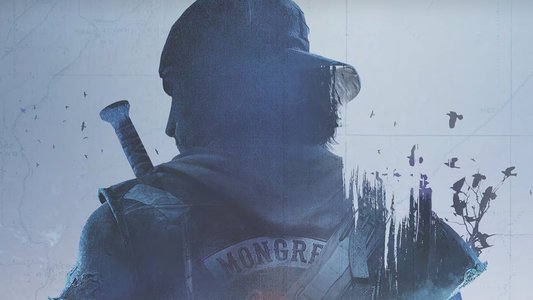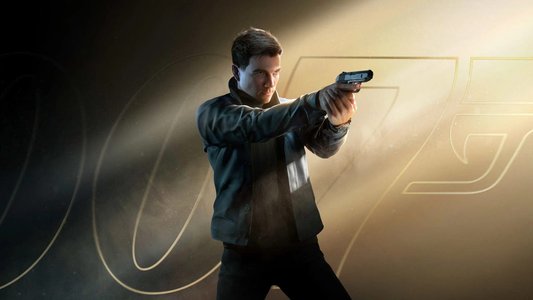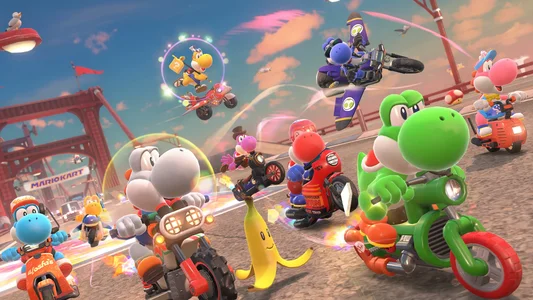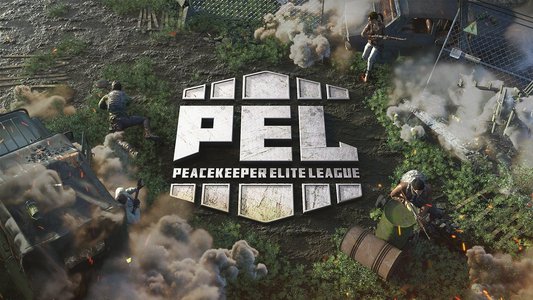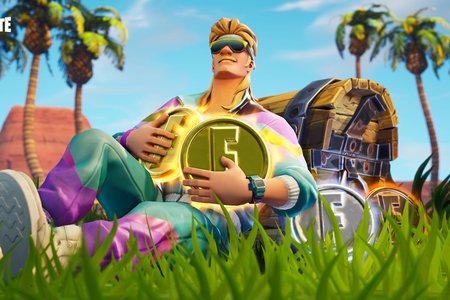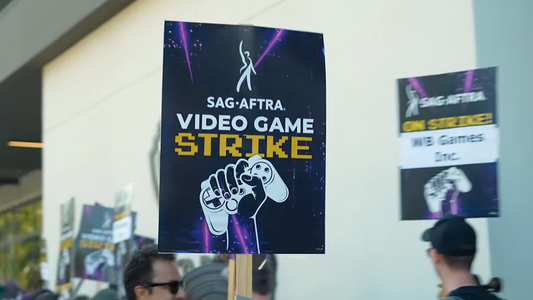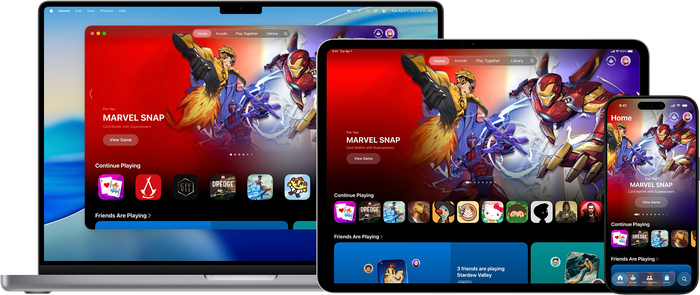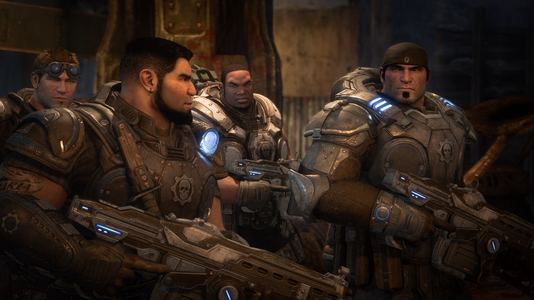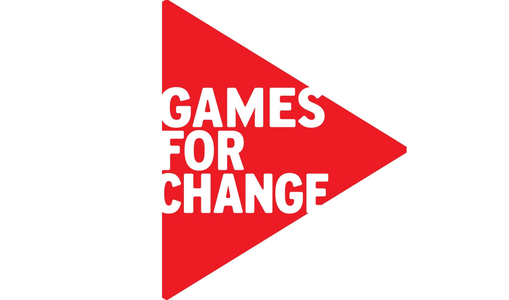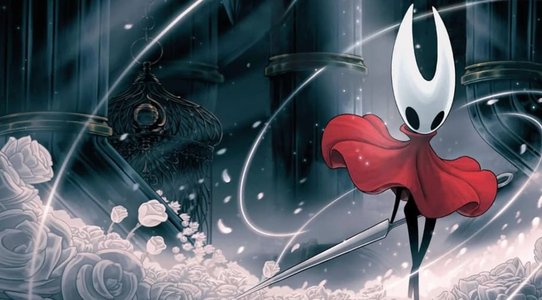Last month, Zachtronics, creator of Shenzen I/O, TIS-100, and other puzzle games, put out Opus Magnum, an alchemy-themed puzzle game where players experiment with machine inputs to create desired chemical outcomes. Thanks to some clever puzzle design and a built-in gif-maker, it's been a modest hit on Steam and a viral sensation on Twitter.
Barth and his cohorts have had interesting things to say about making puzzle games before, like this and this. So we decided to invite them on the Gamasutra Twitch channel to talk about their design philosophy and process. Zachtronics' namesake Zach Barth, along with Opus Magnum writer/music composer Matthew Burns, were able to share some keen insight into the game's development,embedding narratives into puzzles, and the current furor over lootboxes and F2P.
We've transcribed some of the more interesting passages of the conversation below.
You can watch the stream embedded above, or click here to see it. And for more developer insights, editor roundtables, and gameplay commentary, be sure to follow the Gamasutra Twitch channel.
STREAM PARTICIPANTS:
Bryant Francis, editor at Gamasutra
Zach Barth, co-founder of and developer at Zachtronics
Matthew Burns, developer at Zachtronics
Alex Wawro, editor at Gamasutra
The value placed on story in Zachtronics' puzzle games
Burns: The way we started working at Zachtronics, pretty much since Shenzhen I/O, is that Zach has this design space that he's working with, with puzzles. So in the case of Opus Magnum there's this design space, here's this thing that we can do with alchemy, and here's this world that this alchemy takes place in. And then there needs to be some reason to make all these different things that you're making.
"All of the puzzles in the first chapter are telling you about the kind of people that you work for."
And so, what we do is, together we brainstorm all these different ideas of things you could be making in this world. So like, some of the products that show up in the first chapter, they have you making some silly products for them, like hair gel and hangover cures, and things like that. All of those are brainstormed from a story direction as well as from a mechanical direction. Because, if I say there should be some sort of hangover cure, Zach can figure out what that means in the gameplay, what a molecule of that looks like.
But what those puzzles are are created with the story in mind as well. All of the puzzles in the first chapter are telling you about the kind of people that you work for. So it's this process where that's generated. I'll try to come up with a whole bunch of puzzle ideas and pitches, like, what if they needed to make tar for their ships, so they don't sink? What if they needed to make fuel for their airship, because they have an airship because this is the kind of fictional world where airships exist. Trying to filter the broad concept of the world down to what would the specific things be, then translate those into the actual mechanics of the game, and how would that be expressed in the mechanics.
Barth: Sometimes I get really pedantic about that. Matthew will suggest something and I'll say "That's not a thing!" He'll suggest a special kind of ale, and just like, that's a combination of molecules! That's not a single molecule Matthew, Jesus Christ. (laughs)

Hitting upon the idea for a GIF export tool
Francis: You have a cool feature that I used a few minutes ago, a GIF exporting tool. I found about about this game because everyone was putting those GIFs on Twitter. So I'm curious, when did you think of that feature, and how important do you think it is for certain game designers to create export tools to allow people to clip their work and share it easily?
<iframe title="Embedded content" src="https://giphy.com/embed/xUOxfcp3sVkSjgxDCo" height="376px" width="100%" data-testid="iframe" loading="lazy" scrolling="auto" data-gtm-yt-inspected-91172384_163="true" data-gtm-yt-inspected-91172384_165="true" data-gtm-yt-inspected-113="true"></iframe>
Barth: We started doing this in SpaceChem. We did a thing in SpaceChem where when you solved a puzzle it would record a video and then upload it to YouTube. When we were getting close to finishing Infinifactory we were implementing the same thing. But I thinking, "No one even uses YouTube anymore!" A YouTube video of an Infinifactory solution isn't very good, so we actually shelved the feature. We didn't ship it.
"We've branded the GIFs so they have the game's title at the top, and your score and the puzzle information at the bottom."
Then about a month after the game came out, one of our powerfans had made a looping GIF of one of their solutions from a single perspective. It just looped seamlessly, because it's a GIF, and most of the time solutions for our games loop infinitely. As soon as I saw that GIF it just flashed in my mind, "Holy shit! I can take the video recording that we didn't ship and change it to record looping GIFs." I deep-dove into that for like two days and bam, we had a GIF creator, and we shipped it, and it was amazing.
A bunch of people made GIFs, and it was awesome. I put them everywhere. It's probably one of the coolest things I've ever made.
Immediately after that, we made TIS-100, and then Shenzhen I/O, and neither one of them made sense for looping GIFs. But when we came up with the idea to do this game, obviously GIFs were part of our strategy from the beginning. We've really refined it in here. The fact that it's 2D means you don't have to angle for the perfect perspective. We've branded the GIFs so they have the game's title at the top, and your score and the puzzle information at the bottom.
<iframe title="Embedded content" src="https://giphy.com/embed/l2QEe01jkk2fpiZH2" height="376px" width="100%" data-testid="iframe" loading="lazy" scrolling="auto" data-gtm-yt-inspected-91172384_163="true" data-gtm-yt-inspected-91172384_165="true" data-gtm-yt-inspected-113="true"></iframe>
Story and mechanics
No tags.







